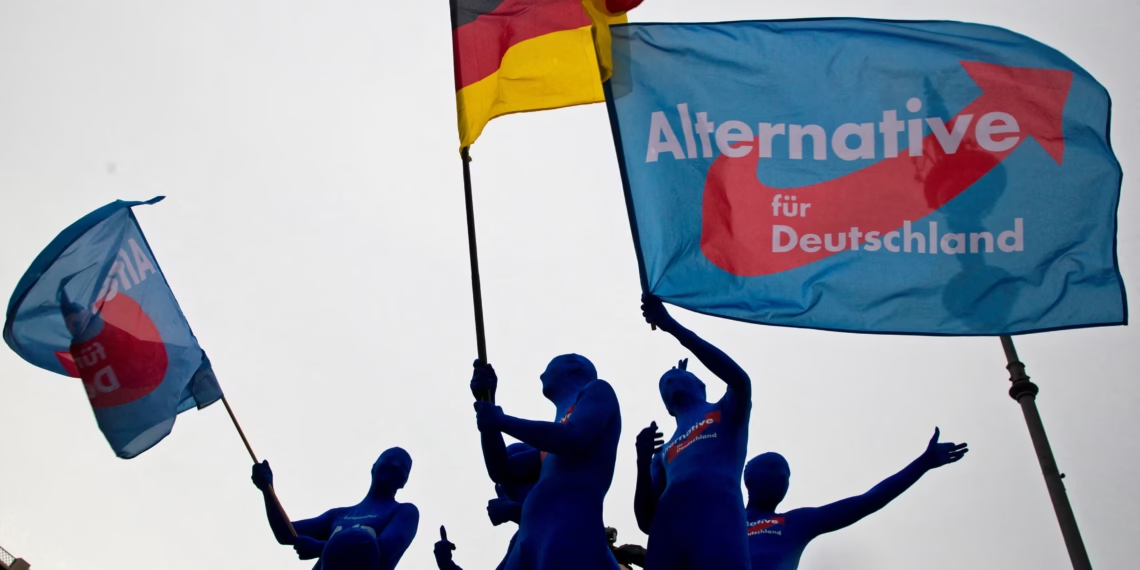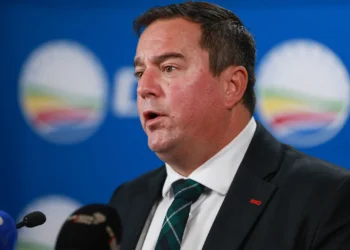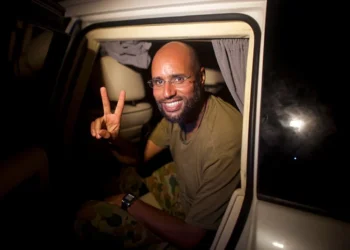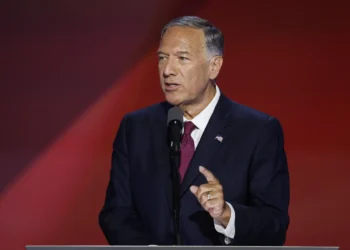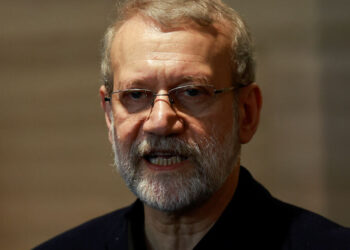BERLIN (Realist English). Alternative for Germany (AfD) made significant gains in municipal elections in North Rhine-Westphalia on Sunday, highlighting the far-right party’s advance into Germany’s western industrial regions and marking the first major electoral test for Chancellor Friedrich Merz’s coalition government.
According to early projections from state broadcaster WDR, AfD captured around 15% of the vote in the country’s most populous federal state, tripling its 2020 result of 5%. The surge underscores the party’s expanding base, which has historically been concentrated in Germany’s eastern states but is increasingly resonating in deindustrialised areas of the Ruhr.
AfD, co-led by Alice Weidel and Tino Chrupalla, became the second-largest party in the Bundestag after February’s federal elections, where it secured a record 21% share. Its momentum in western Germany comes largely at the expense of Merz’s coalition partners. The centre-left Social Democrats (SPD) were projected to win 22%, down two points from 2020, while the Greens fell sharply, losing seven points to 13%.
Merz’s Christian Democratic Union (CDU) held its position as the state’s leading party with 34%, unchanged from the last election. State premier Hendrik Wüst, a CDU member, thanked voters for their support but acknowledged AfD’s strong performance in traditional SPD strongholds raised pressing questions.
“Everyone will ask themselves what are the right answers in terms of poverty, migration? Are all parts of our social systems really fair?” Wüst told ARD.
For Merz, the results underscore the fragile state of his coalition. Despite suspending Germany’s debt brake and announcing a €1 trillion spending plan for defence and infrastructure, his approval ratings remain weak amid frustration over economic stagnation. The chancellor has promised an “autumn of reforms,” pledging to revamp welfare benefits and allow workers to stay employed beyond the retirement age.
But the SPD’s setbacks in North Rhine-Westphalia — coupled with internal coalition tensions — risk complicating his ability to deliver on those pledges at a time when AfD is steadily broadening its appeal across the country.


